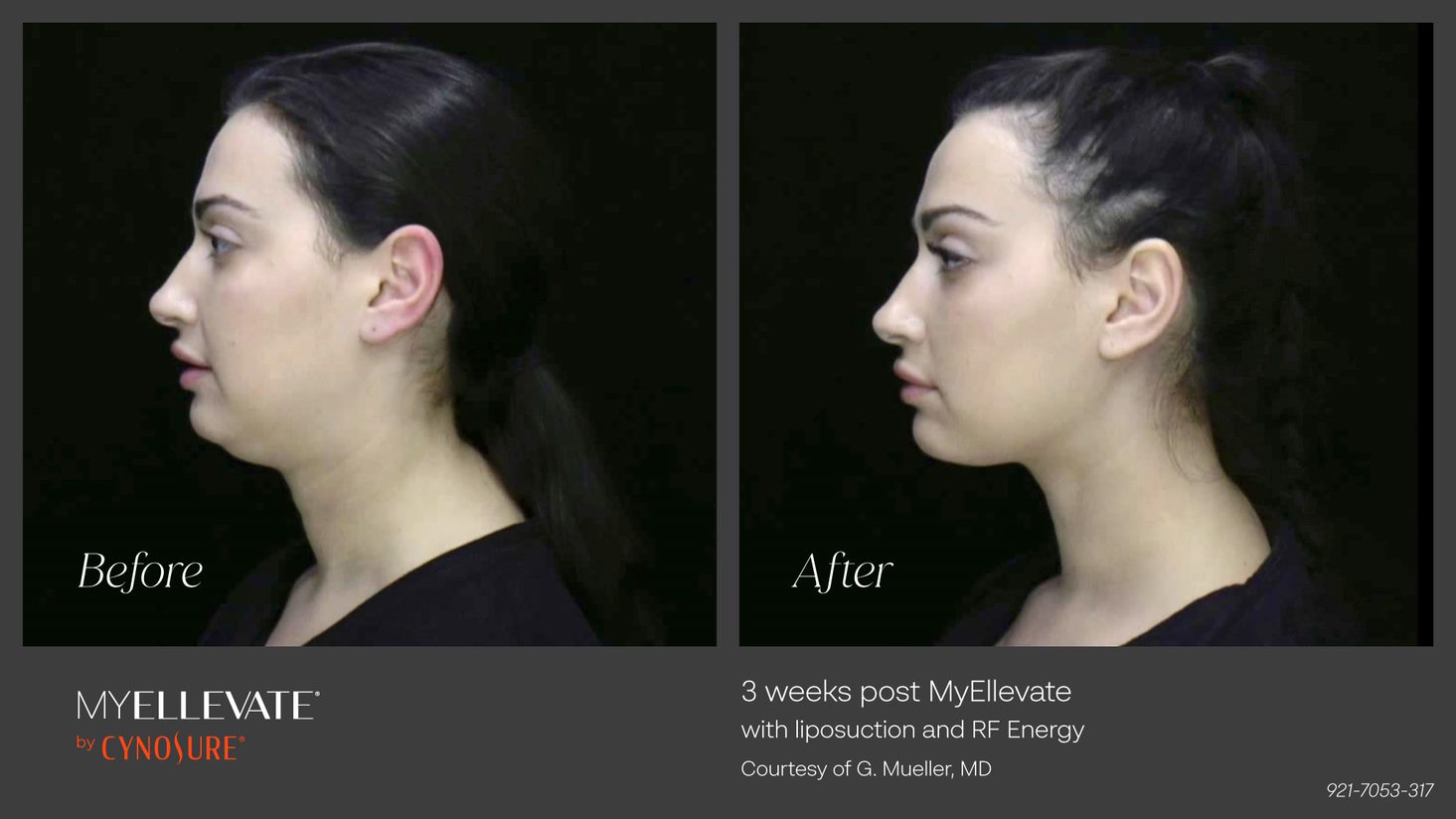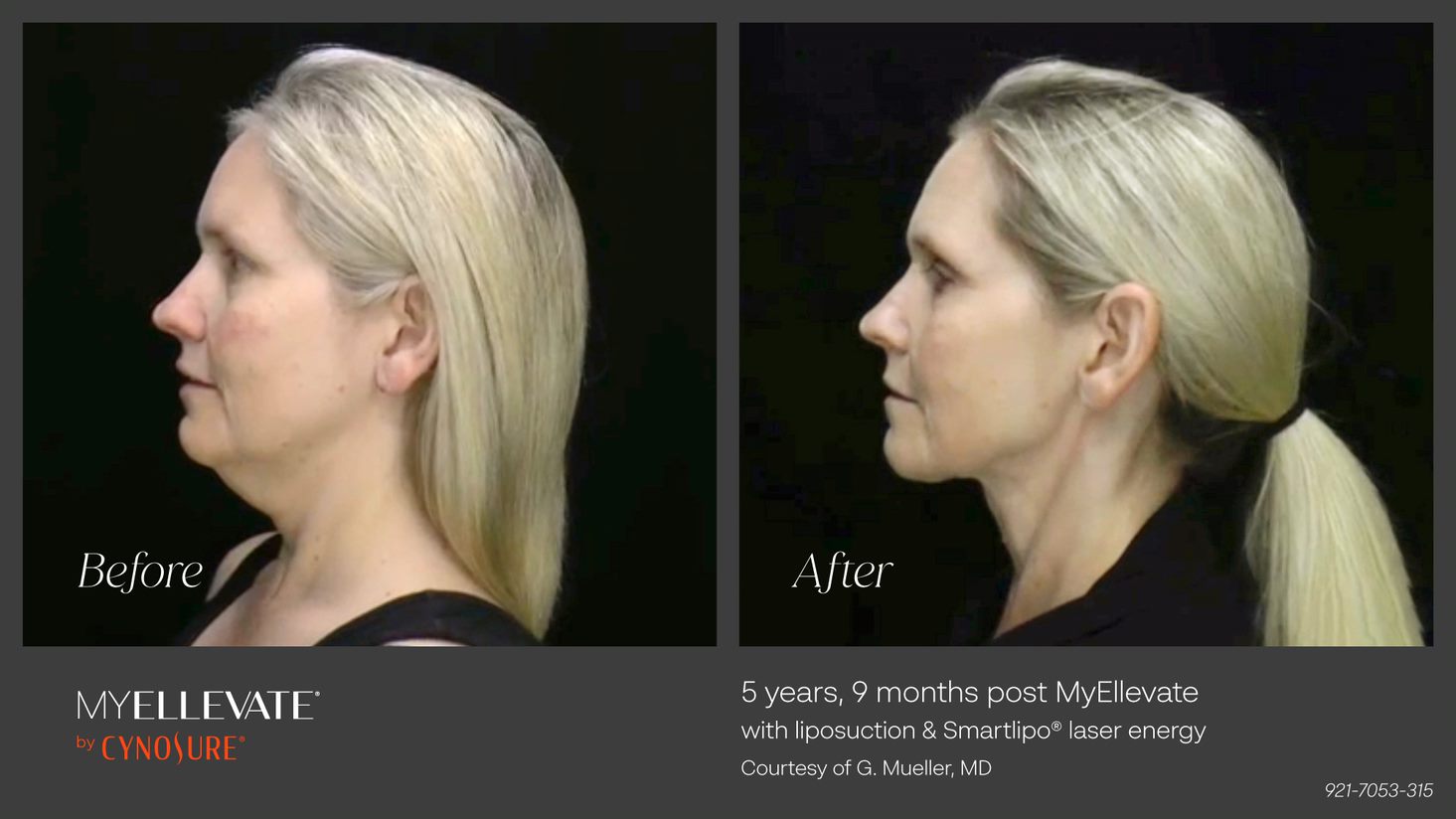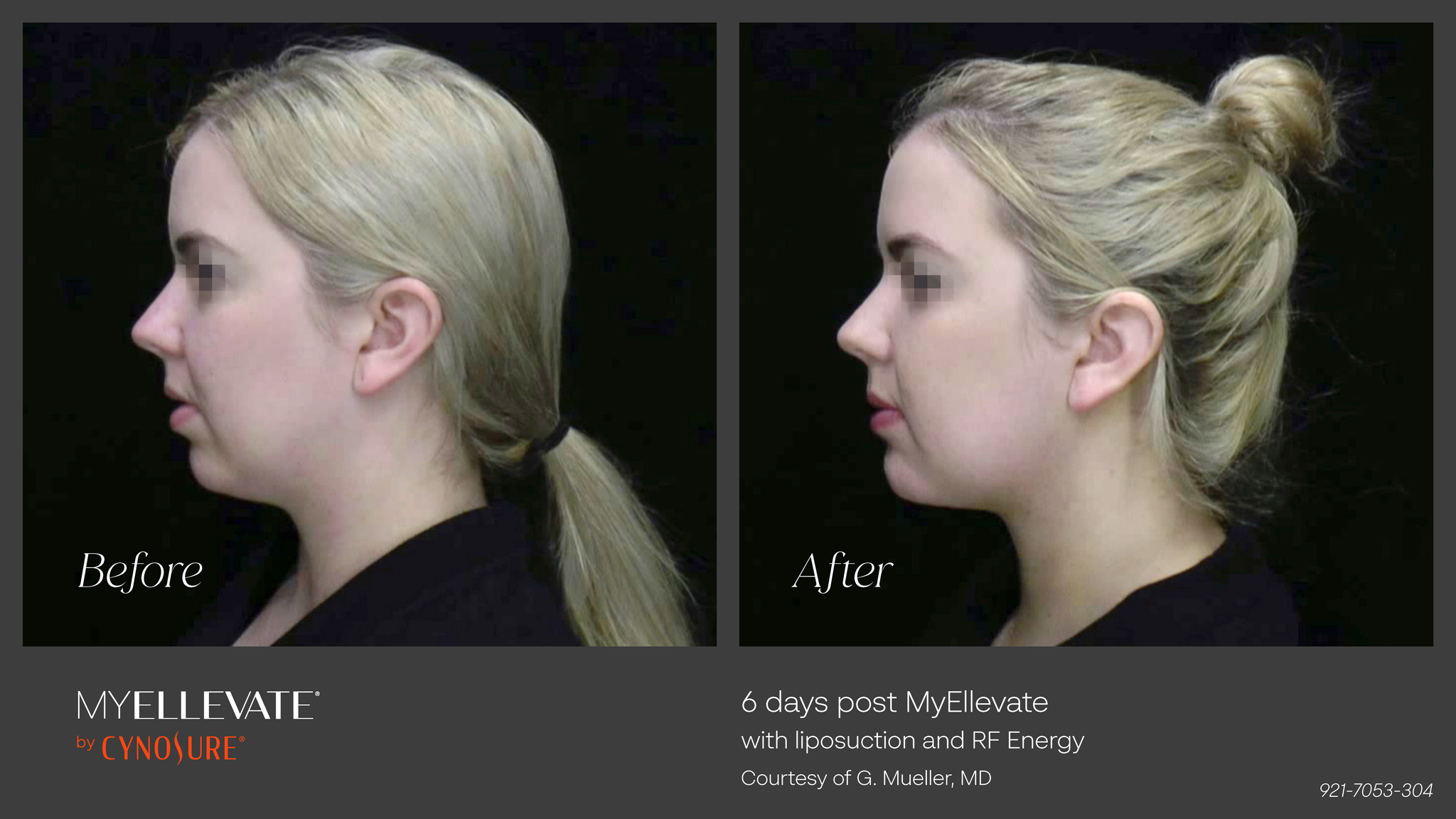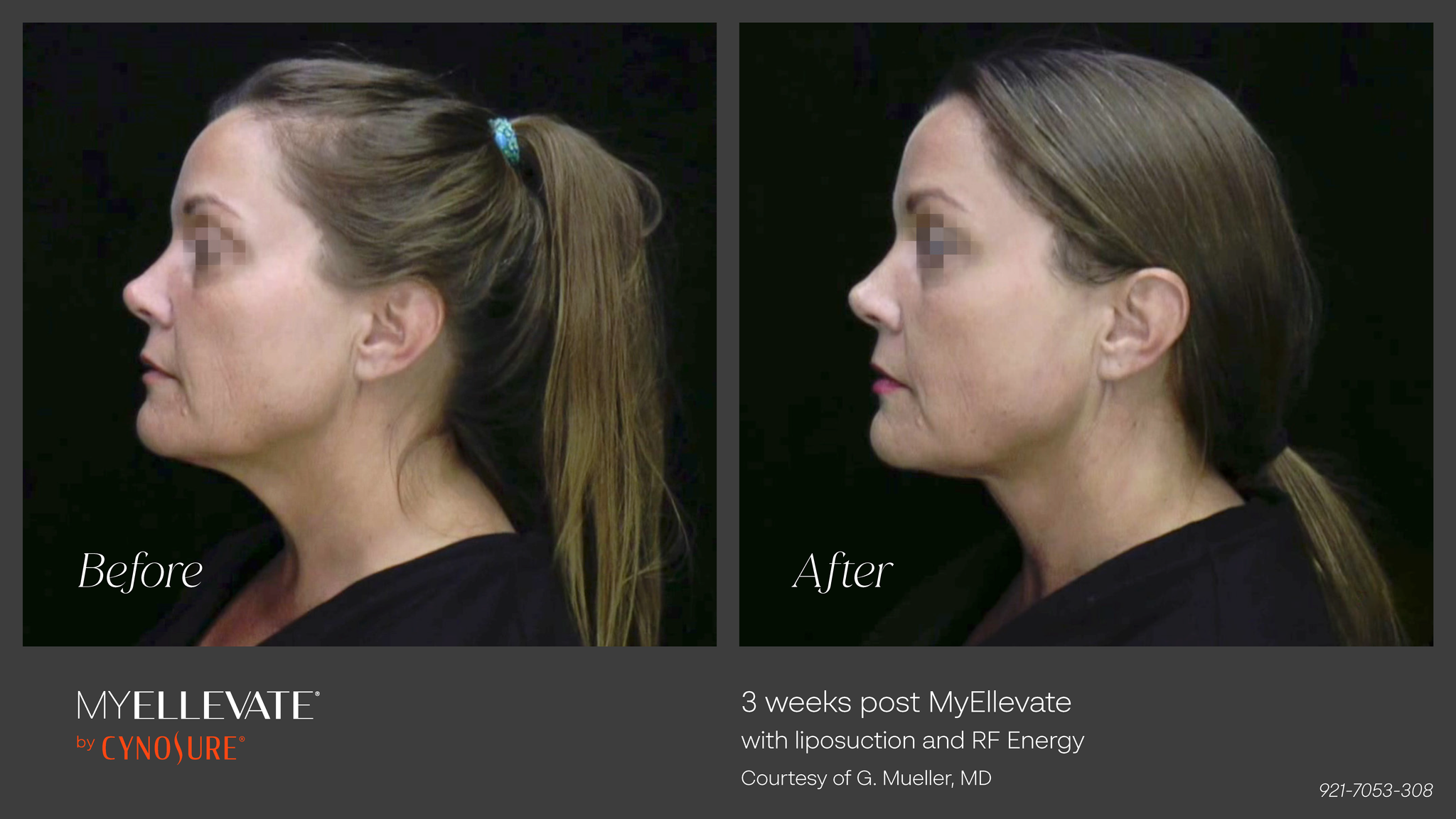What does the procedure involve?
Eye lifts can be done under local or general anesthesia and often take 1-2 hours. The surgeon begins with an incision in the crease of the upper eyelid or under the eyelashes, depending on the treatment. Excess skin and fat is then carefully removed and the area is closed with tight stitches
As some patients experienced blurred vision after surgery, arrange for a friend or family member to pick you up. Avoid driving until you feel better. It is also recommended that you take at least one week off work to recover.
Aftercare Eye Lift Surgery
Aftercare differs from patient to patient depending on the surgery, age, and face shape. However, there are some general aftercare procedures that you should follow, such as:
- Wear sunglasses to protect your eyes from wind, dust and sun
- Place ice packs over your eyes
- Support your head when resting to reduce swelling
- Do not use any eye makeup
- Avoid strenuous physical activity
- Gently clean your eyelids regularly. This is done with eye drops or ointments provided to you





